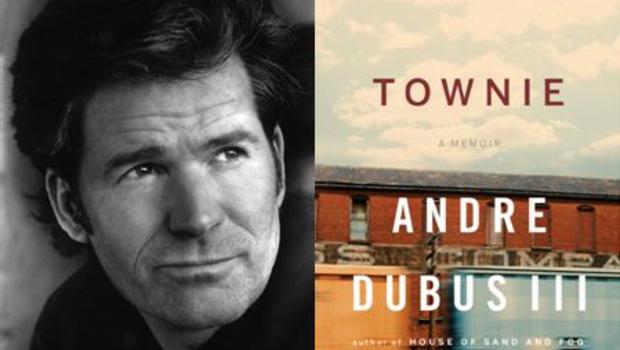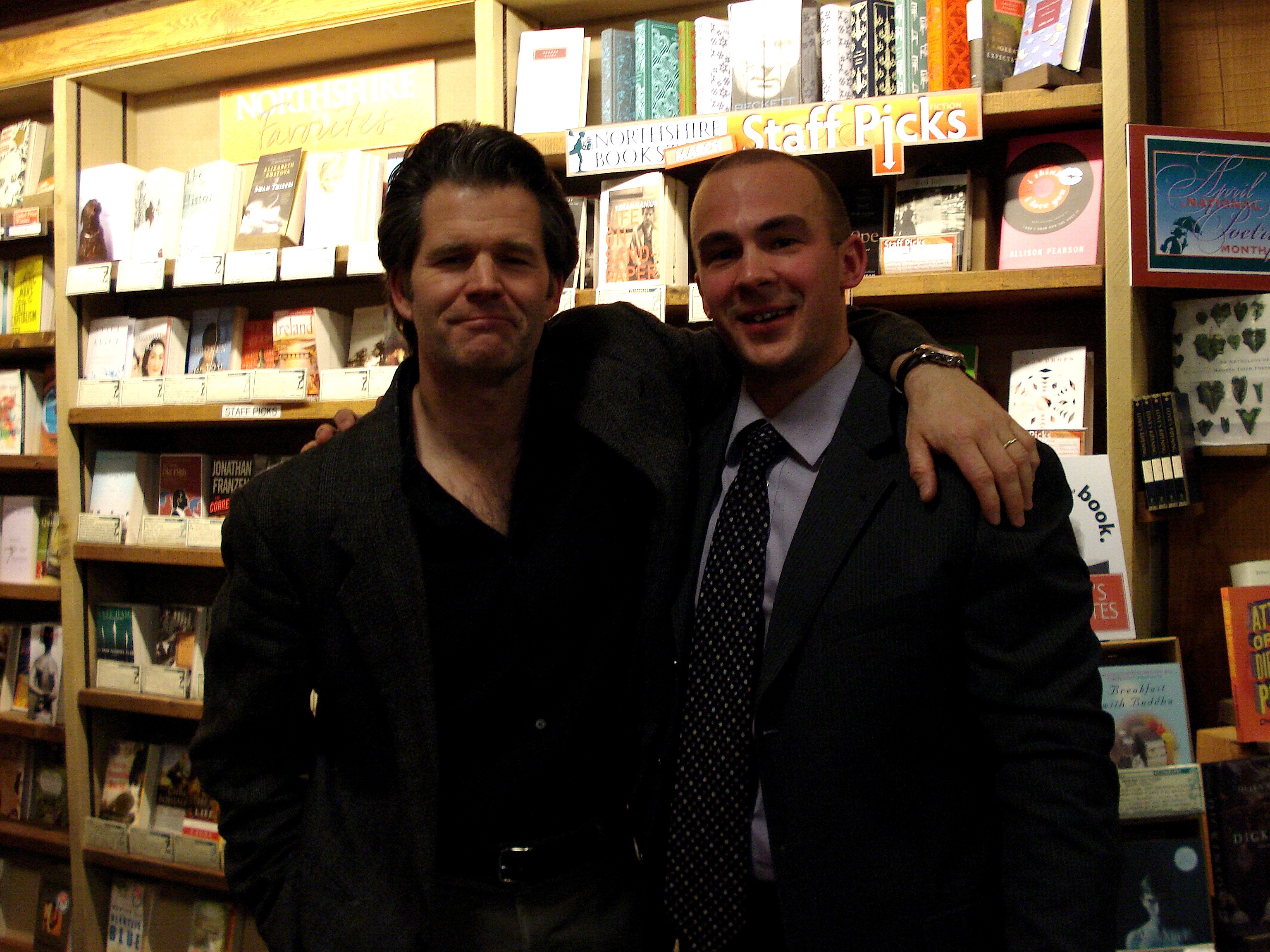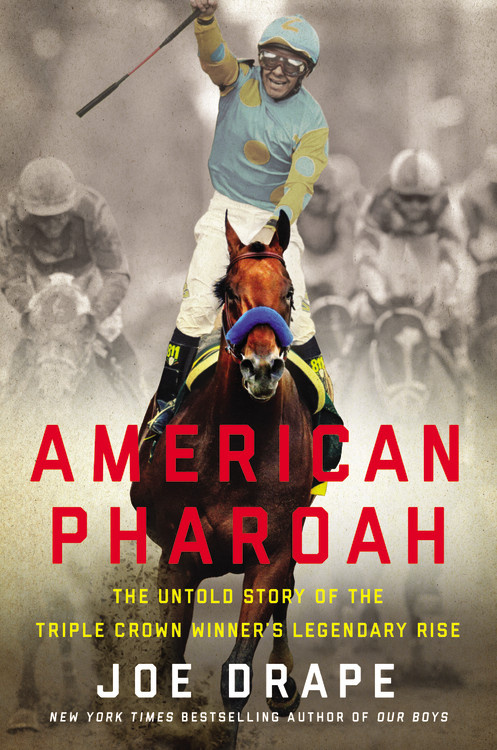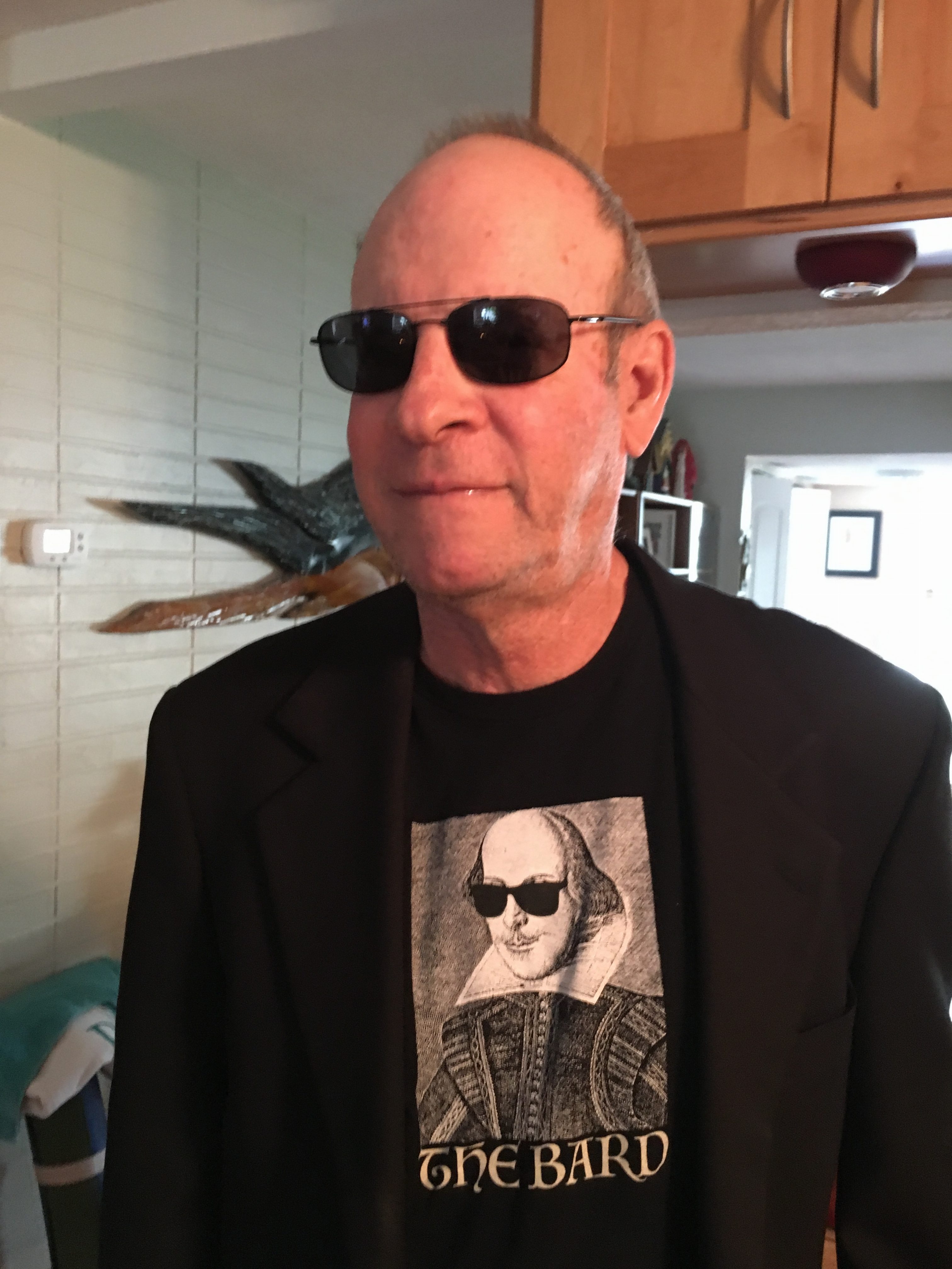
Tweetables by Joe Donahue:
“It’s not about you. It’s about the guest. The fact is people are there to hear the guest.”
“My job really is to present a person and get to the bottom of them, if you will, and ask questions that hopefully people want answered.”
“There is a jazz mentality, a call and response.”
“The worst thing that can happen is when guests sit down and say, ‘Ask me anything.’ Because they haven’t prepared anything.”
“Once you realize that you have that going with that person and have a report, that call and response, it can be delightful.”
“I made a conscious effort 15 years ago that I wasn’t going to write questions or notes down. I was too concerned about being beholden to them.”
“There’s a little acting to this. Sometimes, even if you don’t, you have to pretend like you give a shit.”
You need to understand something, friend. Joe Donahue (@JoeCDonahue on Twitter) has had such a strong influence on how I conduct and listen to interviews, I can’t even begin to explain.
He hosts The Roundtable and The Book Show for WAMC Northeast Public Radio, which broadcasts out of Albany, NY. Joe wanted to be in radio since he was, oh, four years old. That’s focus and that’s passion.
“My job really is to present a person and get to the bottom of them, so to speak,” Joe says, “and ask questions that hopefully people want answered.”
It’s how he asks questions and how thoughtful those questions are that make Joe every bit as strong an interviewer as Terry Gross, Trevor Noah, or anyone, really.
In this episode you’ll learn how he structures his research, thinks through questions, what he learned from Larry King and Fred Rogers, and why he decided to forego lists of questions and note taking during an interview.
I hope you enjoy this latest episode and I hope you’ll do me a favor and leave a nice review wherever you get your podcasts.
Thanks for listening!








